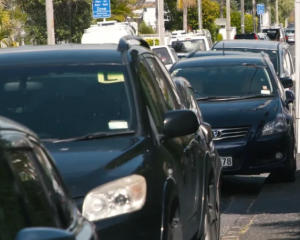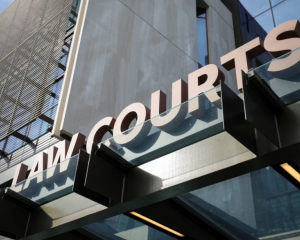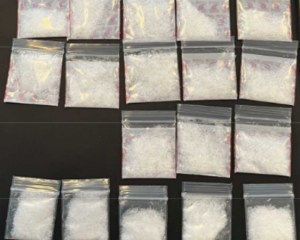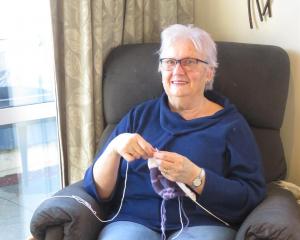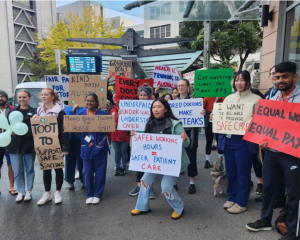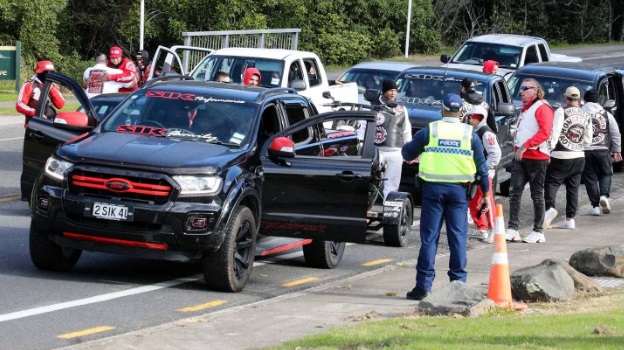
The death of Mongrel Mob Barbarians president Steven Taiatini on June 9 prompted hundreds of mob members to travel to Ōpōtiki ahead of the tangi in Whakatāne on Wednesday.
Fears of retribution caused schools to close and stopped public transport. An extra 50 police officers were deployed to Ōpōtiki to provide “community reassurance”.
State Highway 2 between Ōpōtiki and Whakatāne, was closed due to the convoy, which featured hundreds of motorbikes, cars, utes and vans. Many barked and others yelled “seig heil” as they shot past.
Throughout the week, Opposition politicians and some media commentators criticised what they perceived as a lack of action from police. Local officers had repeatedly denied they did not have control, saying some media had blown the situation out of proportion.
Comments from National leader Christopher Luxon and Prime Minister Chris Hipkins prompted Te Pāti Māori co-leader Rawiri Waititi to declare the pair should “keep my iwi [Te Whakatōhea] out of your mouth” and accused them of using the people of Ōpōtiki as a “political football”.
Today in Auckland, Luxon announced National would make being a member of a gang an aggravating factor if they were being sentenced, with the intention that convicted gang members would face “tougher consequences” for their crimes.
This would be achieved through a change to the Sentencing Act 2002.
Currently, participation in an “organised criminal group” could be considered an aggravating factor if there was a connection between the “organised crime” and the offence the person had committed.

“National believes the visible presence of gangs in communities can lead to prolonged fear and intimidation for victims who have suffered at the hands of gang-related offences,” Luxon said.
“By making gang membership an aggravating factor, judges will be required to consider this when determining a sentence. In practice, it means offenders who are known members of criminal gangs will likely face tougher sentences for crime.”
According to the latest quarterly Gang Harm Insights Report, there were 8875 gang members across 33 gangs on police’s National Gang List - a percentage increase of about 10 percent from August last year.
“Gangs have been an unwelcome part of New Zealand’s criminal landscape for decades, but in recent years, their numbers and the level of violence they perpetrate have seen a significant and alarming rise,” Luxon said.
“Just this week we have seen gang members effectively take control of the town Ōpōtiki, forcing schools to close and bus services to be cancelled. This is unacceptable.”
National had already announced several policies that would target gangs, including banning gang patches in public places. The party would also boost police powers to enable warrantless searches to find guns held by gang members, to prevent gang members from communicating and to restrict their public meetings.

